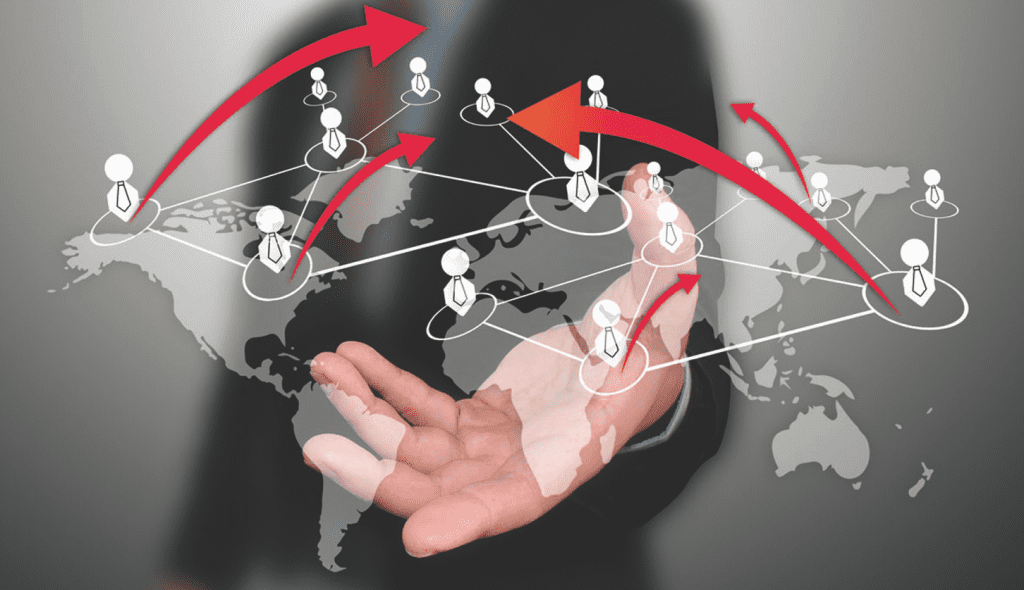Since the financial crisis hit the adage to ‘export or die’ has never been more applicable to Irish companies and the CEOs who lead them, writes Deloitte’s David Hearn.
In a recent Deloitte survey, Irish CEOs signalled a major boost in business confidence for 2014 with nine out of 10 CEOs feeling more confident in the performance of their business.
Throughout the year trends have generally continued to be positive although it’s hard to imagine a time where there has been so much change, opportunities and risks, facing CEOs.
The first trend of note is the emergence of another billion consumers. Extreme poverty has been in steady and meaningful decline over the last 20 years − both as a percentage of global population and in absolute numbers. This is giving rise to a greatly expanded ‘consuming class’.
The challenge for many Irish companies is, however, that most of this growth will take place in parts of the world they have not traditionally served in a large scale way.
It is in the emerging markets of Asia, Africa, and Latin America where the growth will occur. Understanding the complex demands of this diverse cohort will be a difficult task but given their scale and contribution to overall global growth in consumption, the task is an essential one.
And these new consumers are also increasingly urban. We are living through the largest wave of urbanisation in history, and have already reached the point where the majority of the world’s population lives in urban areas.
We are seeing a similar trend here in Ireland where cities, and in particular Dublin, are increasingly the economic hubs around which the rest of the economy depends.
For Ireland to continue to grow and be successful, we need sustainable investment in our cities so that we can continue to offer globally competitive locations from which to do business at a truly global level.
New collaborations
The fast-paced change of today’s business world puts a premium on innovation and agility and therefore, as many companies have discovered, on collaboration capabilities. The Western-centric multinationals that have traditionally developed innovative offerings for their home markets, then adapted them (or didn’t) for foreign customers, are now recognising the limitations of that approach and need more localised ways of innovating.
Research and innovation
We are also seeing a shift from reliance on innovators employed by companies and solely devoted to R&D.
Today, the whole process of research, development and innovation is moving — from ‘walled gardens’ to open spaces, from protecting knowledge stocks to encouraging more collaborative knowledge flows.
For Ireland, the implications are profound. The Deloitte CEO survey found continuing dissatisfaction in relation to Ireland’s investment in science, tech and innovation, with 73% of CEOs saying there is not enough investment in this area.
However, the recent CAO figures indicate increasing numbers of Irish students opting for STEM courses. For example, CAO first preferences for science and tech courses increased by approximately 10% this year. This is to be welcomed and is evidence that Government policy in this area is beginning to yield results.
Targets
Leadership is also transforming as the changing business scene compels executives to shift their attention to new priorities. CEOs and CFOs of growing companies are now increasingly being called upon to understand and manage a much broader set of business issues.
Over the past few years we have seen an expansion of the leadership team to include chief information officers, chief marketing officers and even digital officers. In addition, over the next three years, executives we have surveyed expect competition from companies headquartered in emerging markets to become more intense, exerting more of a leadership influence than ever before.
The Business Trends 2014 report can be found at www.deloitte.com/ie

